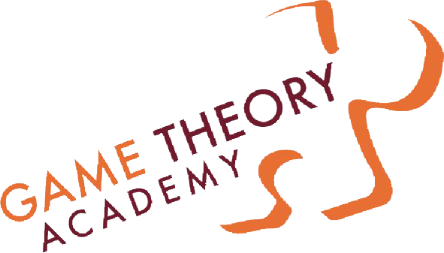Just a few weeks ago, Michele’s Oakland class was working on a budget case study. As she was explaining the importance of budgeting, specifically how to meet a savings goal, one student offered what turned out to be an all-too-real peek into the complex financial decisions he is facing…
This student, whom I will call James, was in a residential juvenile detention program. He explained to the class that once he was released, he would be obligated to pay his “restitution” – a fine that the court ordered him to pay back to the victim for the damages that he caused. He revealed that his goal was to be able to pay the total he owed, $2,000, by June 1. Though he did not yet have any income, he felt confident he would be able to pay it back within the three months he had to do so.
Since we now knew the goal, we had to figure out how much he needed to earn and save in order to pay it by that date. As a class, we began to calculate his income. He knew that he would earn a $155 stipend from Game Theory Academy, if he attended all ten sessions, and he seemed pretty confident that he had at least two job opportunities with some folks he knew, making $10 and $15 an hour respectively. We calculated how many hours he would be able to work per week, given his time constraints and for how many weeks, and then subtracted taxes and all the other living expenses he would have to pay, like transportation and a cell phone bill.
 At the end of the budgeting exercise, the truth of the matter was startling. It became apparent that James would probably be able to pay back his restitution, but that would rely on all of the factors playing out in his favor and left no room for error. I asked James one more question, “What’s the opportunity cost of not paying it back?” It was all eyes on James, yet in his well-composed and thoughtful manner he began to explain what he would give up if he would not be able to pay the money back.
At the end of the budgeting exercise, the truth of the matter was startling. It became apparent that James would probably be able to pay back his restitution, but that would rely on all of the factors playing out in his favor and left no room for error. I asked James one more question, “What’s the opportunity cost of not paying it back?” It was all eyes on James, yet in his well-composed and thoughtful manner he began to explain what he would give up if he would not be able to pay the money back.
He explained that if he didn’t pay it in time, the fine would double and what’s more, since he would be turning 18 before the fine was due, the missed payment would result in his having to serve time in prison, and he would then have a permanent record…which would follow him around for the rest of his life. The gravity of the consequences were felt by everyone in the room, but I reminded him that we had just planned out a strategy to help him budget his money so that he could meet his goal.
I also reassured him that although the opportunity cost (what he would be giving up) was pretty overwhelming, he could meet his goal if he stuck to his strategy.
As everyone left the class that day, I felt as though we all just had a really visceral lesson in two of the most important concepts we teach at Game Theory Academy – opportunity cost and setting budgeting goals. In real life, sometimes the stakes are really high and it pays to think through a decision before taking action, or giving up. For James, this budgeting lesson exposed the real life opportunity cost of not meeting his goal, and by virtue highlighted, for every student in the class, the importance of having a budget and thinking through major life decisions.
-Michele

You are helping students learn important information about the real world, the one with consequences and deadlines – and someday the one with rewards.